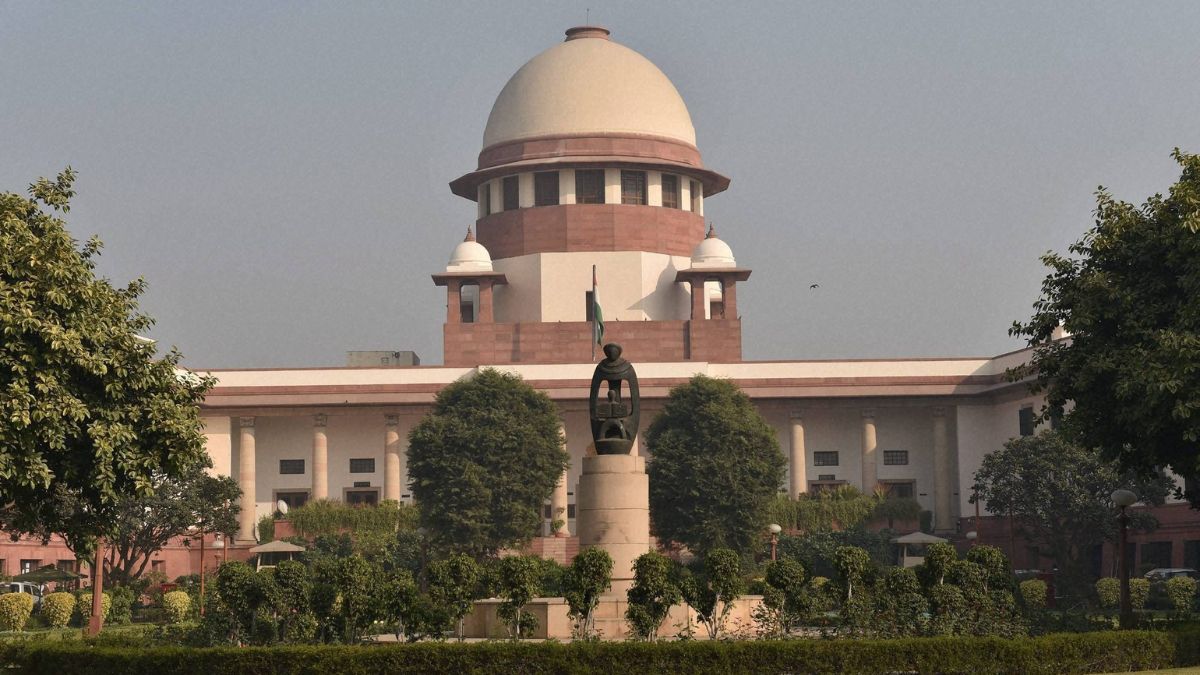The Supreme Court on Monday said that a special investigation team (SIT) that it had appointed to look into the ‘Vantara’ case has given it a clean chit.
Vantara is an animal rescue and rehabilitation centre run in Gujarat’s Jamnagar by Reliance Foundation.
The SC bench of Justices Pankaj Mithal and PB Varale orally observed that the SIT found that the acquisition of animals in Vantara from India and abroad, particularly elephants, was prima facie in compliance of all laws and that the investigation did not find any foul play, according to Live Law.
The SC had formed the SIT headed by Justice (Retired) Jasti Chelameswar last month to look into allegations of irregularities in Vantara’s procurement of animals in two public interest litigations (PILs). The other three SIT members were Justice (Retired) Raghavendra Chauhan, a former Chief Justice of the Uttarakhand and Telangana high courts; former Mumbai Police Commissioner Hemant Nagrale; and former Indian Revenue Service (IRS) officer Anish Gupta.
Who is Justice Chelameswar?
Chelameswar joined the Supreme Court in 2011 and retired in 2018. He was part of benches that delivered judgements in the IT Act, Aadhaar, and NJAC Act cases.
Chelameswar was born on June 23, 1953, at Pedda Muttevi, Movya Mandal in Krishna district of Andhra Pradesh.
Chelameswar did his schooling at Hindu High School at Machilipatnam in Krishna district and studied physics at undergraduate level at Madras Loyola College. He graduated in law from Andhra University, Visakhapatnam, in 1976.
As a lawyer, Chelameswar initially worked as a government pleader. He was appointed as a senior counsel in 1995 and was appointed as the Additional Advocate General in 1995.
Chelameswar was appointed as the Additional Judge of High Court of Andhra Pradesh in 1997 and as a full judge in 1999. He was appointed as the Chief Justice of Gauhati High Court in 2007. He was appointed as the Chief Justice of Kerala High Court in 2010.
Impact Shorts
More ShortsChelameswar was appointed to the Supreme Court in 2011. He retired as the second senior-most judge in 2018.
Major judgements of Justice Chelameswa
Chelameswar was part of benches that delivered judgements in the IT Act, Aadhaar, and NJAC Act cases. He is most well-known for his sole dissent in the NJAC case where he criticised the collegium system of judges’ appointment.
IT Act: Chelameswar was a part of the two-judge bench that struck down Section 66A of the Information Technology Act, ruling it unconstitutional and violative of the fundamental right to free speech and expression under Article 19 of the Constitution.
Right to privacy: Chelameswar was part of the bench that ruled that Aadhaar was not mandatory for government subsidies and other services.
NJAC case: Chelameswar was the only dissenting judge in the five-bench verdict in the National Judicial Appointment Commission (NJAC) Act. While the other four judges backed the collegium system for the appointment of judges, he criticised it as an “opaque and inaccessible both to public and history, barring occasional leaks". He supported the creation of the National Judicial Appointment Commission for the appointment of judges.
In his dissent, Chelameswar noted that collegium’s “records are absolutely beyond the reach of any person, including the judges of this court who are not lucky enough to become the chief justice of India”, according to The Economic Times.
“Such a state of affairs does not either enhance the credibility of the institution or good for the people of this country,” Chelameswar further noted.
)